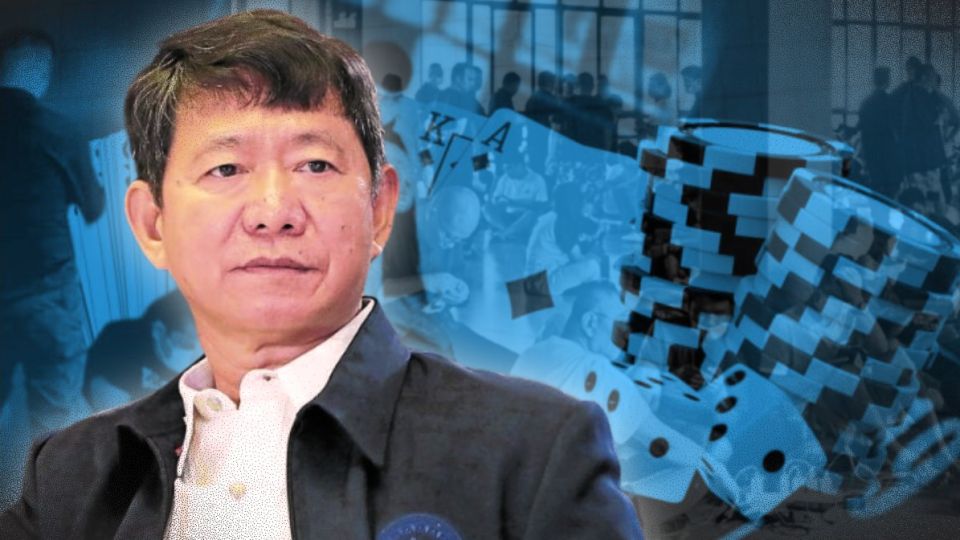June 14, 2024
MANILA – The existence of Philippine Offshore Gaming Operation (Pogo) sites in the country does not yet constitute a “national security threat” that would need military involvement like in cases of terrorism and insurgency.
Rather, National Security Adviser Eduardo Año said it is only a national concern that the police could still handle.
“We do not view Pogos per se as a national security threat at the level that would necessitate the direct involvement of the defense forces,” Año said in a statement on Thursday. “At the moment, it is a national concern that law enforcement and regulatory agencies can address.”
Año noted that there are legitimate Pogos duly licensed and regulated by the Philippine Amusement and Gaming Corporation (Pagcor).
Earlier, Pagcor chairman Alejandro Tengco said they placed the licenses of 300 Pogos under probationary status sometime in September last year and only 46 of them got their accreditations back as part of a widespread crackdown against illegal activities of the offshore gaming sites.
Tengco said another crackdown was conducted on these remaining 46 sites, trimming down the total number of accredited sites — now termed as “internet gaming licensees” — to 43.
“The issues related to illegal Pogos, such as illegal activities and regulatory violations, can be addressed within the framework of existing government regulations and law enforcement mechanisms and does not warrant the intervention of the Armed Forces of the Philippines (AFP) as in the case of going after declared national security threats such as the Abu Sayyaf or the CPP-NPA-NDF,” Año said. The CPP-NPA-NDF stands for the Communist Party of the Philippines, the New People’s Army, and the National Democratic Front, respectively.
Año said the NSC will continue to work closely with relevant government agencies and stakeholders to gather comprehensive data and insights to provide a “balanced and informed perspective.”
“We are also doing our own assessment of its implications to national security,” Año added.
There are lingering suspicions about certain Pogo site locations, with security expert Chester Cabalza even calling it a “Trojan horse” that could be used by China to stage a “surprise attack” against vital military installations.
The alleged involvement of Bamban, Tarlac Mayor Alice Guo, in the Pogo site near Bamban’s municipal hall also made headlines, and the mayor’s real identity and citizenship were also questioned.
Then, the recent Pogo raid in Porac, Pampanga yielded suspicious findings like a suspected People’s Liberation Army uniform and insignia.
But AFP spokesperson Col. Francel Margareth Padilla said the military does not want to jump into conclusions upon the discovery of such evidence.
“The AFP emphasizes that we do not speculate on these matters and will refrain from drawing any conclusions until the investigation is thoroughly completed,” Padilla told INQUIRER.net in a text message on Thursday when asked of the recent findings in the Porac raid.
“The AFP is committed to cooperating with the authorities to ensure a comprehensive and accurate assessment of the situation,” she added.


